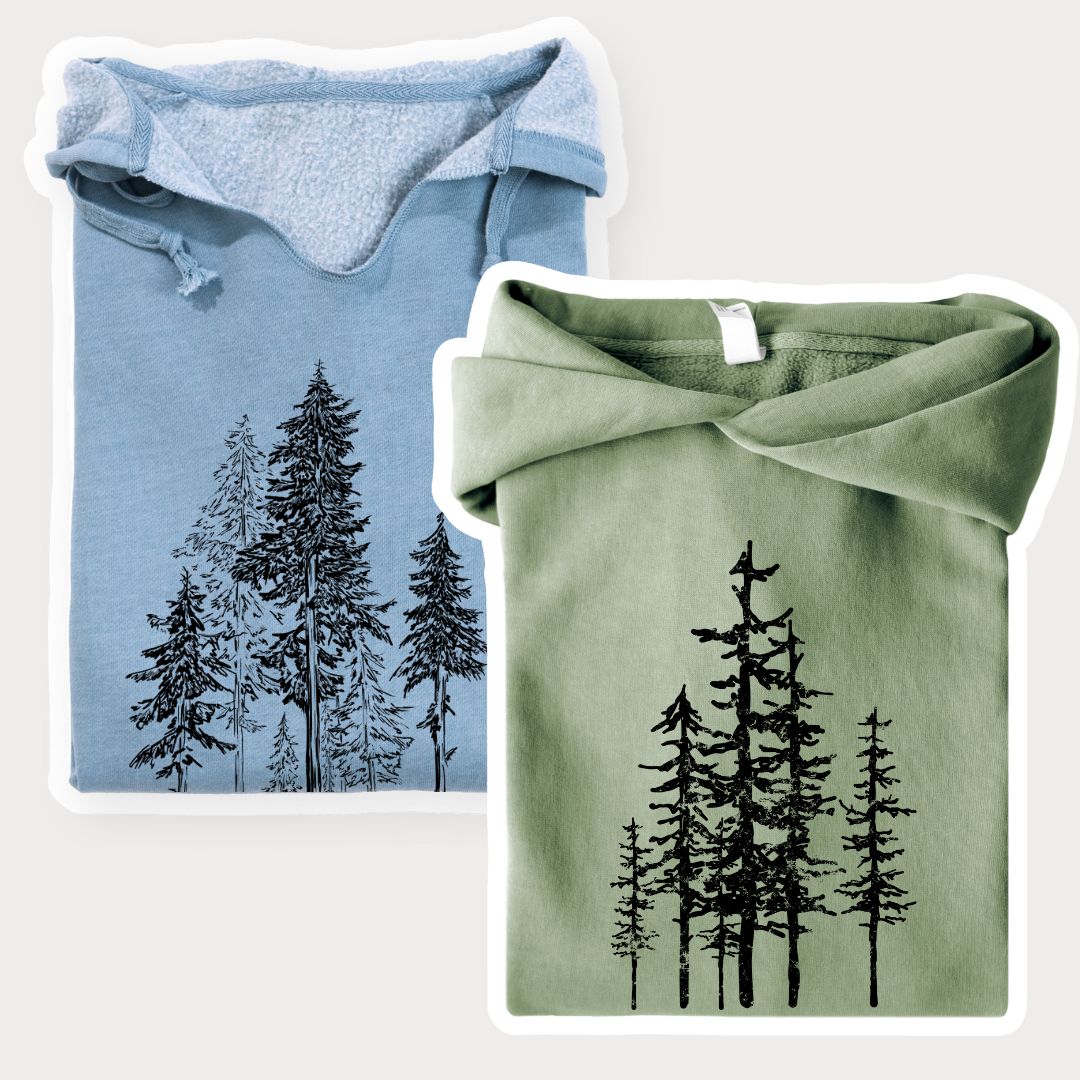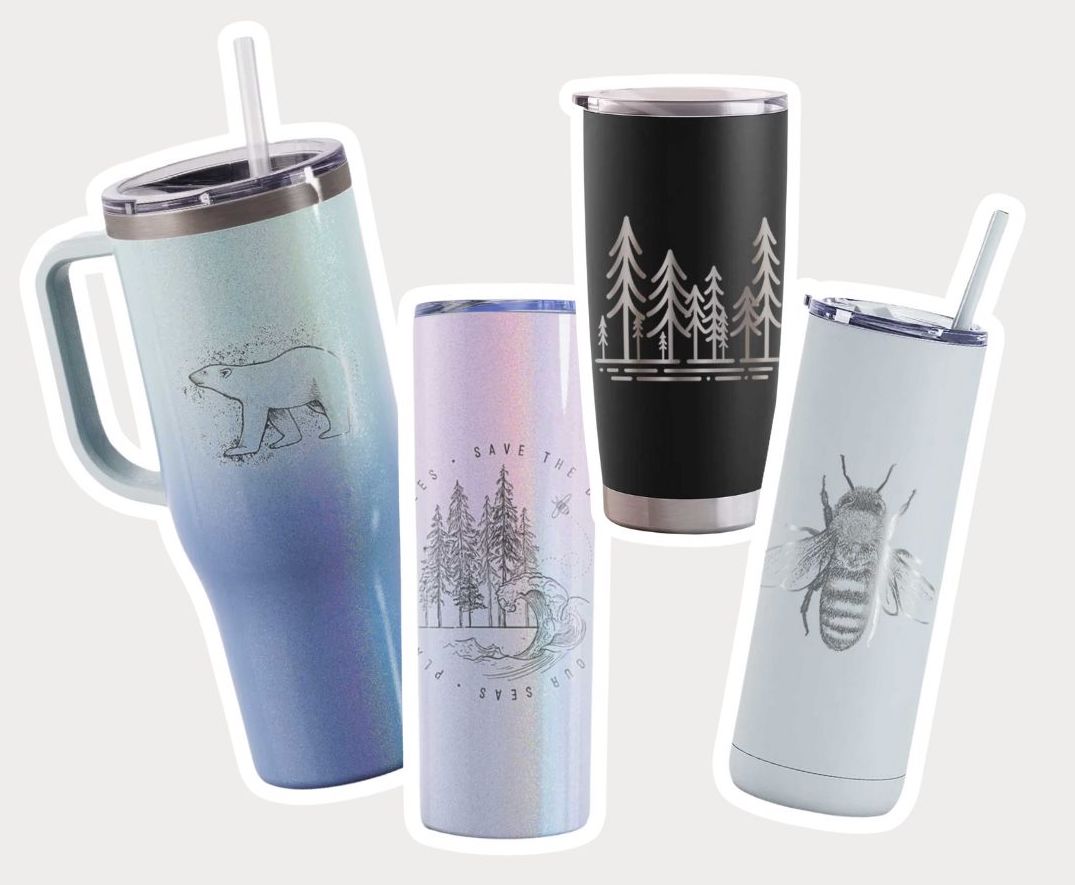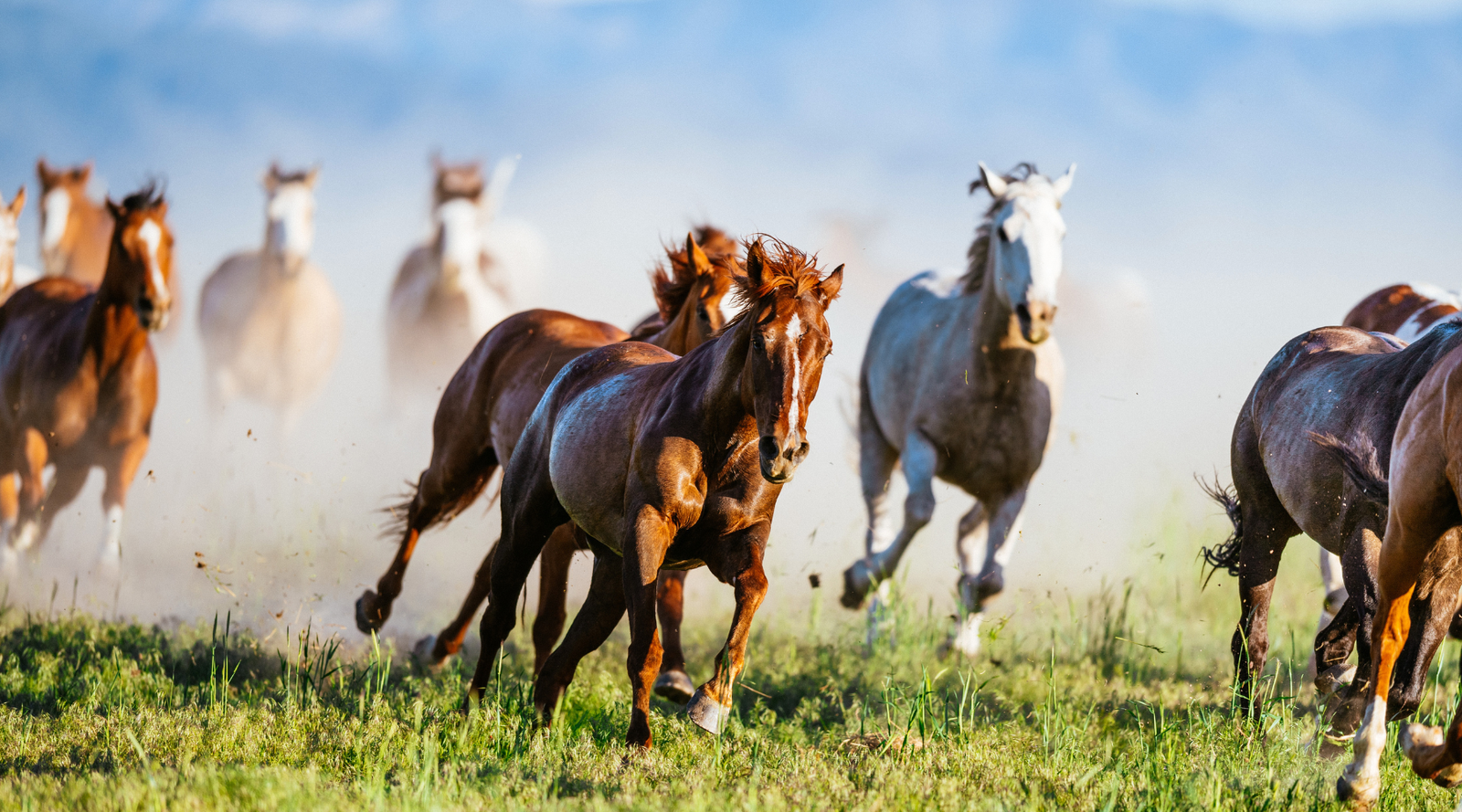How Agriculture Affects Our World's Rainforests
Did you know that 80% of rainforest deforestation is due to agricultural expansion? Rainforests are dense and rich in biodiversity and are often found in tropical areas with consistently heavy rainfall. These rainforests are essential to our planet because they provide people with a home, purified air, and water. About 68% of the world's animals and species can be found in forests, and their homes are at stake because of deforestation. The Amazon rainforest alone holds about 10% of the world's known biodiversity.

How Does Agriculture Cause Deforestation?
You may be wondering, what does agriculture have to do with rainforests and deforestation? It makes a huge impact. About 75% of the deforestation of our forests is caused by agriculture production. Examples of agriculture in everyday life can be seen at the grocery store since the meat, vegetables, and commercial farms and ranches produce other goods.
As described in our previous article, the high demand for palm oil, soy, and meat is directly linked to deforestation since these practices require clear land to be grown and produced. This is how agriculture essentially causes the deforestation of our world's rainforests. Forests like the Amazon Rainforest are burned to clear land to make room for the production of these products.

Why is the Deforestation of Rainforests a Problem?
When trees are removed due to deforestation, it deprives the rainforest of portions of its canopy. The canopy of these trees helps block the sun's rays during the day and retain heat at night. This disruption leads to more extreme temperature swings that can harm plants and animals.
This is important because:
- This causes a loss of clean water and biodiversity that extends past that particular region
- When trees are cut, it adds carbon dioxide to the air and also removes the ability to absorb existing carbon dioxide

3 Things We Can Do To Reduce the Effects of Agriculture on Deforestation
To reduce the effects of agriculture on deforestation, you don't need to make significant changes to your life. There are small decisions and choices that you can make that also have an impact on this growing problem. Here are some things you can try:
Consume fewer animal products: By switching out some of your meals that include meat, you can help to reduce the effects of agriculture on deforestation.
Reduce the use of palm oil: Products containing palm oil include beauty products such as lipsticks, shampoo, and soap. It's also found in many packaged foods like instant noodles, ice cream, chocolate, packaged bread, cookies, and many other foods. Other everyday items like detergent and biodiesel also include palm oil. With these products in mind, it may seem impossible to stop using products containing palm oil—however, we're not asking you to give up all these products!If you can, reduce your use of some of these products or make homemade alternatives. Another way to help is by shopping for products with the RSPO label, which are products made with certified sustainable palm oil.
Shop consciously: By making small changes to the places you shop, you can help mitigate the effects of climate change. Buy your groceries locally and fair trade. Other ways to shop consciously are through companies that give back to the planet, like ours! We commit to planting trees and donating a percentage to ecological non-profits that help save the planet. Shop our nature-inspired designs today.
Sources:
https://wwf.panda.org/discover/knowledge_hub/where_we_work/amazon/about_the_amazon/
https://ourworldindata.org/what-are-drivers-deforestation
https://www.nationalgeographic.com/environment/article/deforestation
https://time.com/amazon-rainforest-disappearing/
https://www.worldwildlife.org/threats/deforestation-and-forest-degradation
https://wwf.panda.org/discover/our_focus/forests_practice/importance_forests/tropical_rainforest/
















Leave a comment (all fields required)